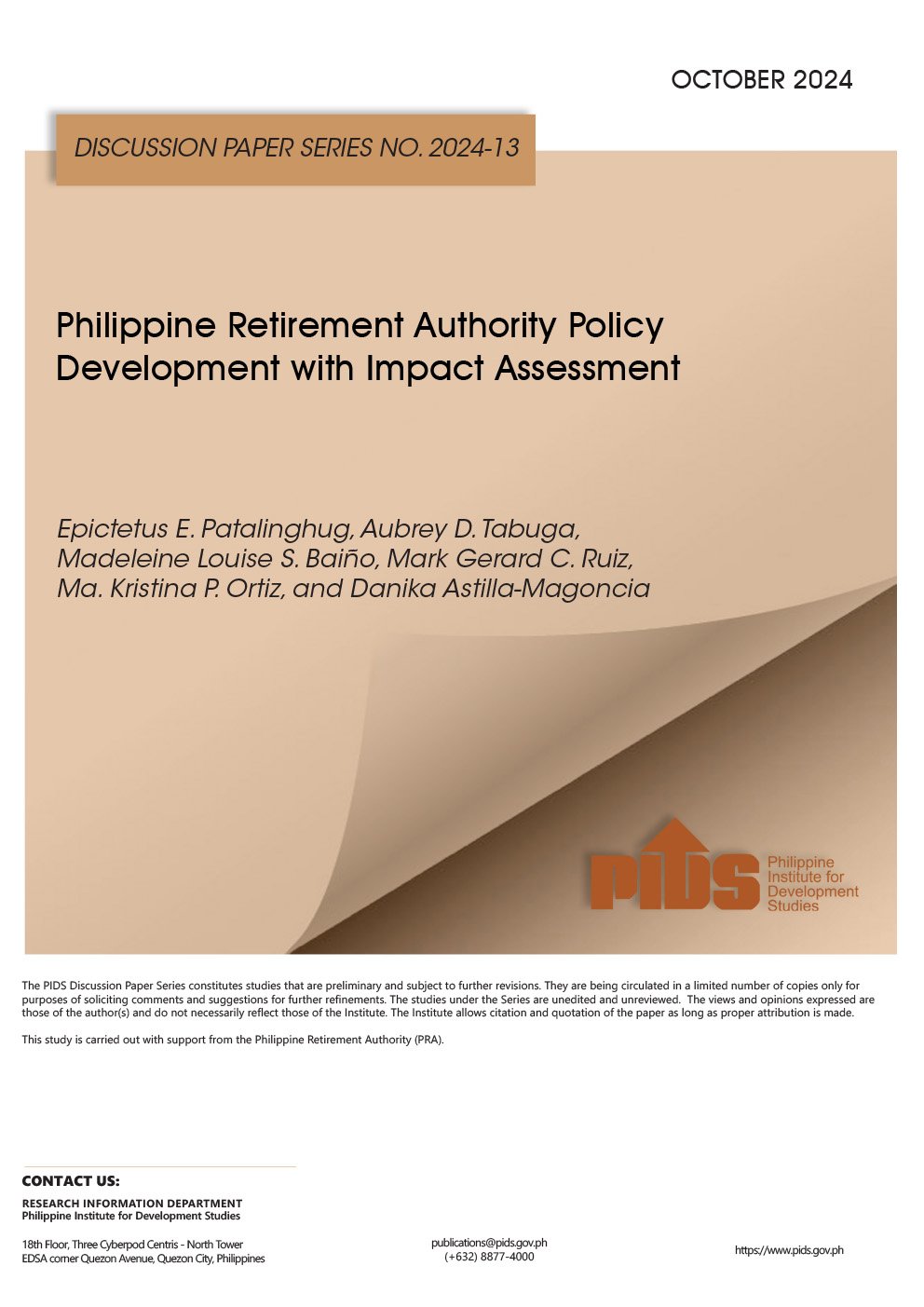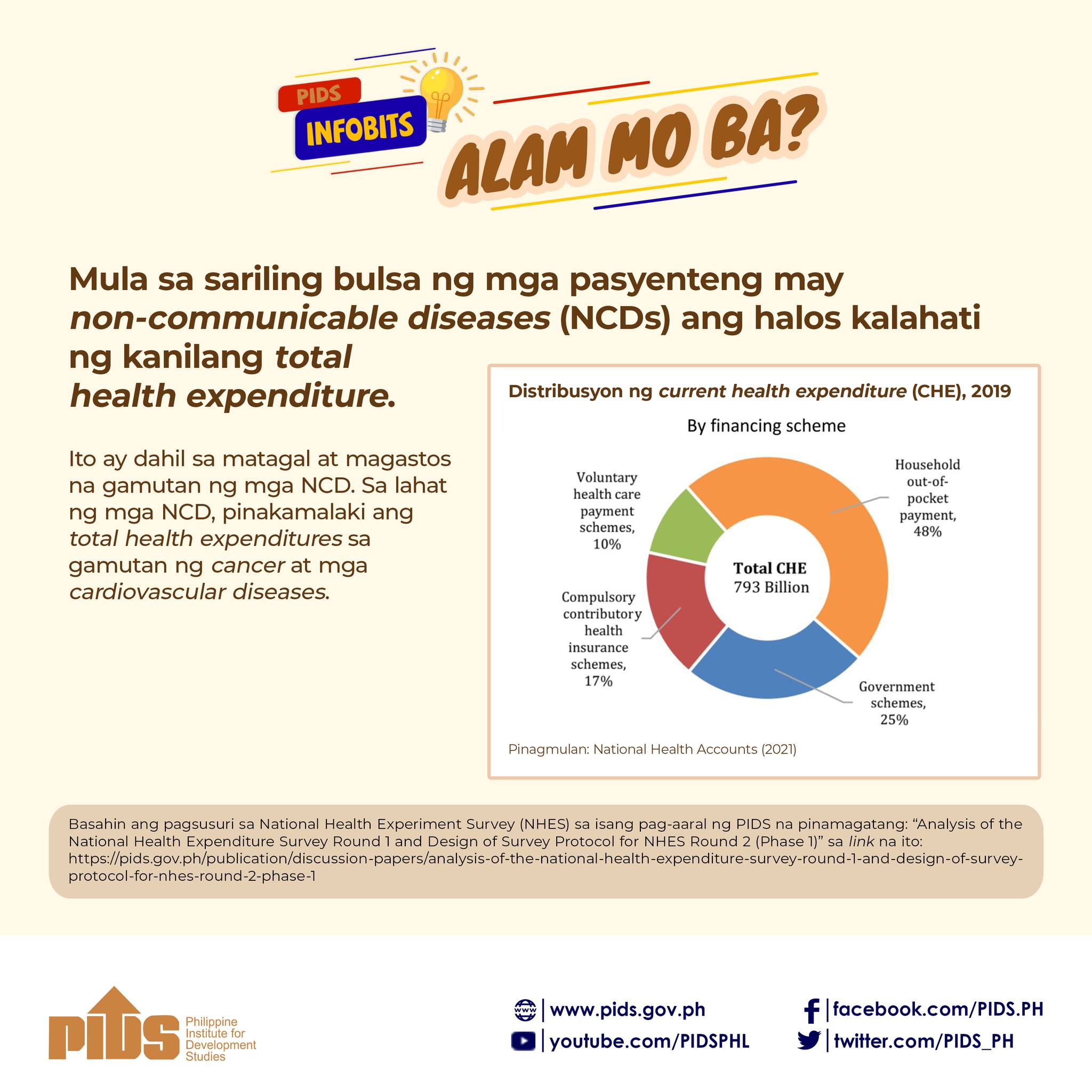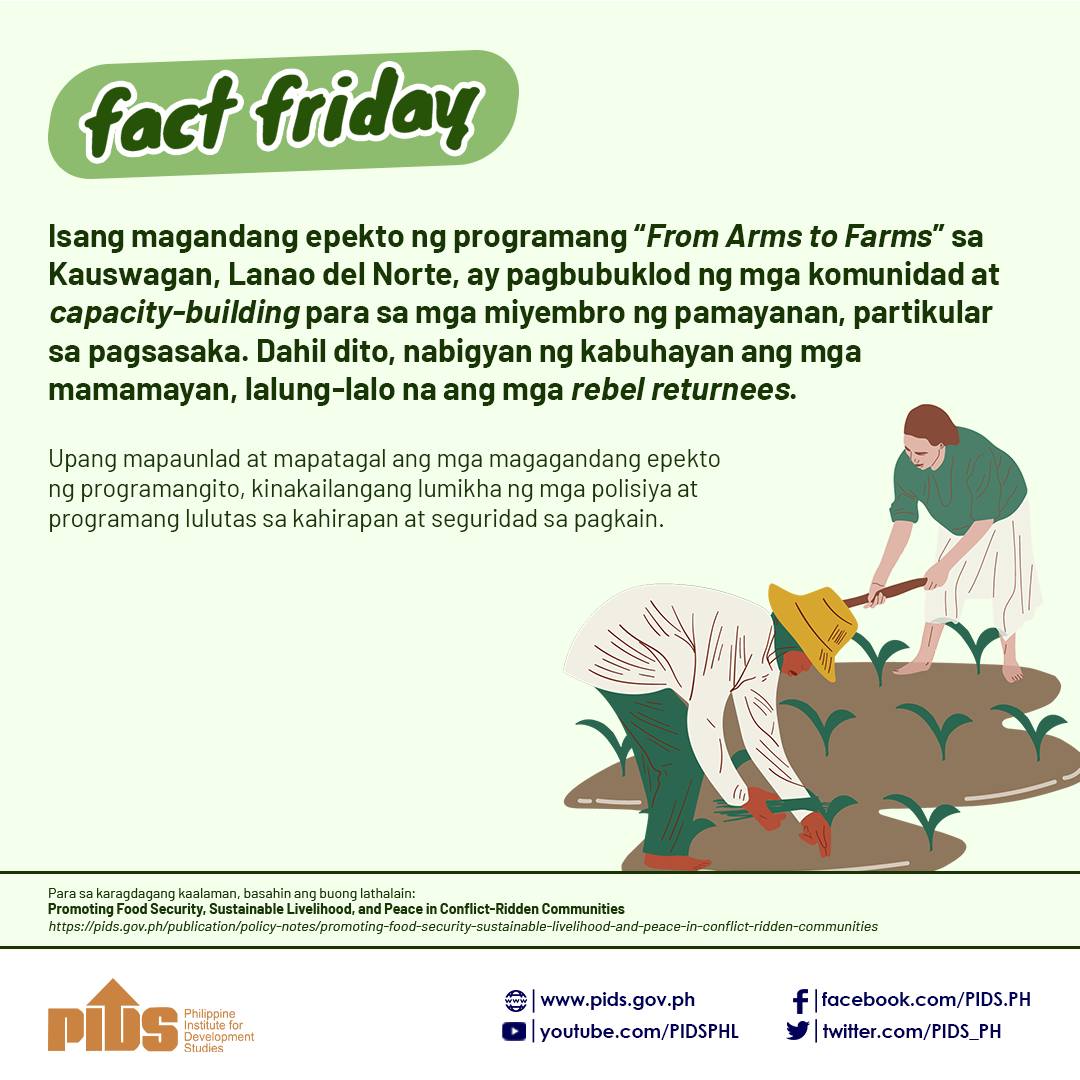A former party-list congressman on Wednesday raised fears that charter change may lead to a much too powerful President Rodrigo Duterte.
"It centralizes repressive powers in President Duterte," former Bayan Muna Representative Neri Colmenares said, in a forum hosted by the Center for People Empowerment in Governance at the University of the Philippines in Diliman.
The human rights lawyer also slammed the proposal to extend the terms of Supreme Court justices up to the age of 75.
He also claimed that lawmakers are taking advantage of changing the Constitution for their own benefit.
"This is the worst cha-cha [proposal] ever. This is the only cha-cha with pork barrel enshrined in the Constitution," Colmenares said.
UP Political Science Department Chair Prof. Maria Ela Atienza, meanwhile, said shifting to a federal form of government should not be rushed.
Atienza said the 6-month deadline given by Duterte to the consultative panel to study federalism is too short given the numerous issues to be ironed out.
She said she is not against shifting to a federal government as long as it is carefully studied.
The professor also noted that a federal form of government may lead to giving more power to political clans and ethnic cleansing, like what happened in Yugoslavia, Somalia, and Ethiopia.
“We should not also be blind to possible negative consequences. It is important also to discuss some of the dangers of shifting to a federal system,” Atienza said.
'CITY-BASED FEDERAL SYSTEM'
Former UP President and 1971 Constitutional Convention Secretary Jose Abueva proposed the creation of a "city-based asymmetric federal system," instead of the 11-state-federal system being proposed by the ruling party PDP-Laban and former Senator Aquilino 'Nene' Pimentel.
The city-based federal system is from a proposal by the Philippine Institute for Development Studies to create highly-urbanized cities such as Metro BLIST (Baguio, La Trinidad, Itogon, Sablan, Tuba), Metro Manila, Metro Naga, Metro Cebu, Metro Iloilo-Guimaras, Metro Cagayan De Oro, and Metro Davao.
"These seven federal states are not all self-sufficient. Some may need grants from an equalization fund, but they all have proven revenue-generation capacity," Abueva said.
DIFFERENT PROPOSALS
Meanwhile, Interior and Local Government Assistant Secretary Jonathan Malaya allayed fears raised by critics of charter change and the shift to federalism.
Malaya clarified that most of the provisions being opposed by Colmenares were made by congressmen and did not come from the PDP-Laban proposal.
Malaya was also part of the team that drafted the PDP-Laban proposal, which includes economic provisions and better autonomy to the proposed federal states.
He also urged the UP community to support the President who won the elections with the campaign promise of shifting to a federal form of government.
"Let’s not close our eyes simply because we hate the President. Let us help develop this agenda because this is the agenda of the current administration," Malaya said









